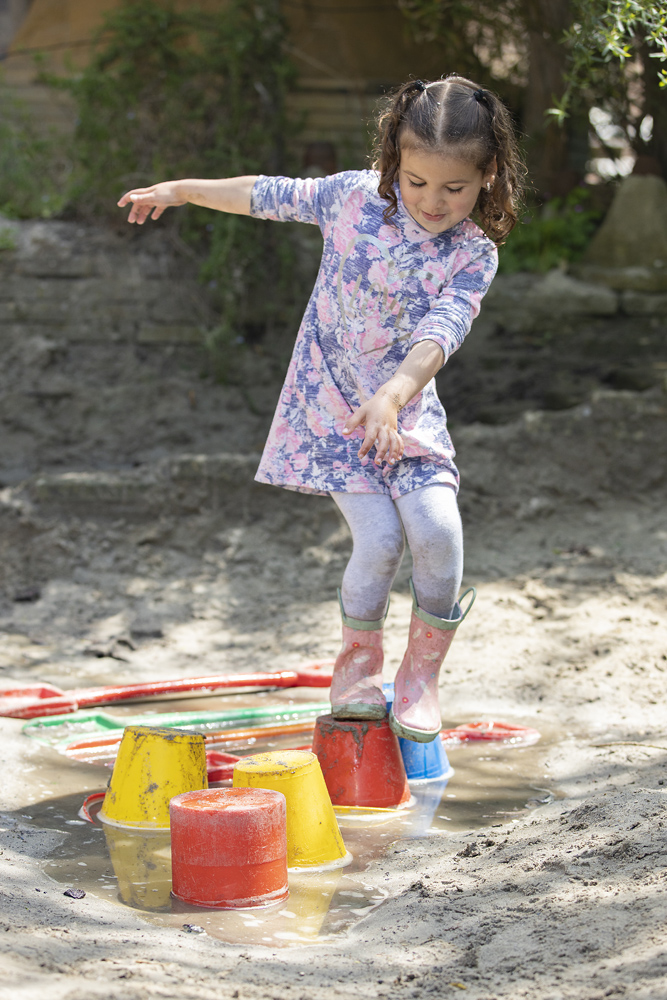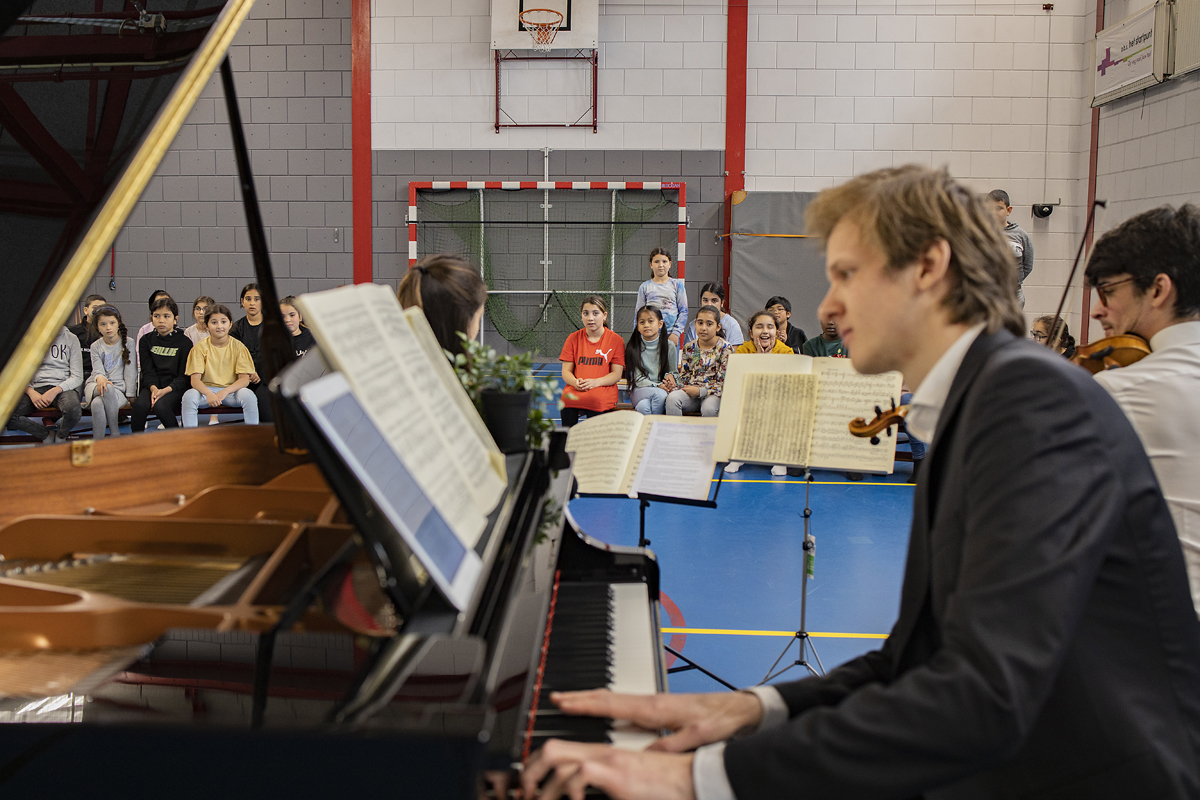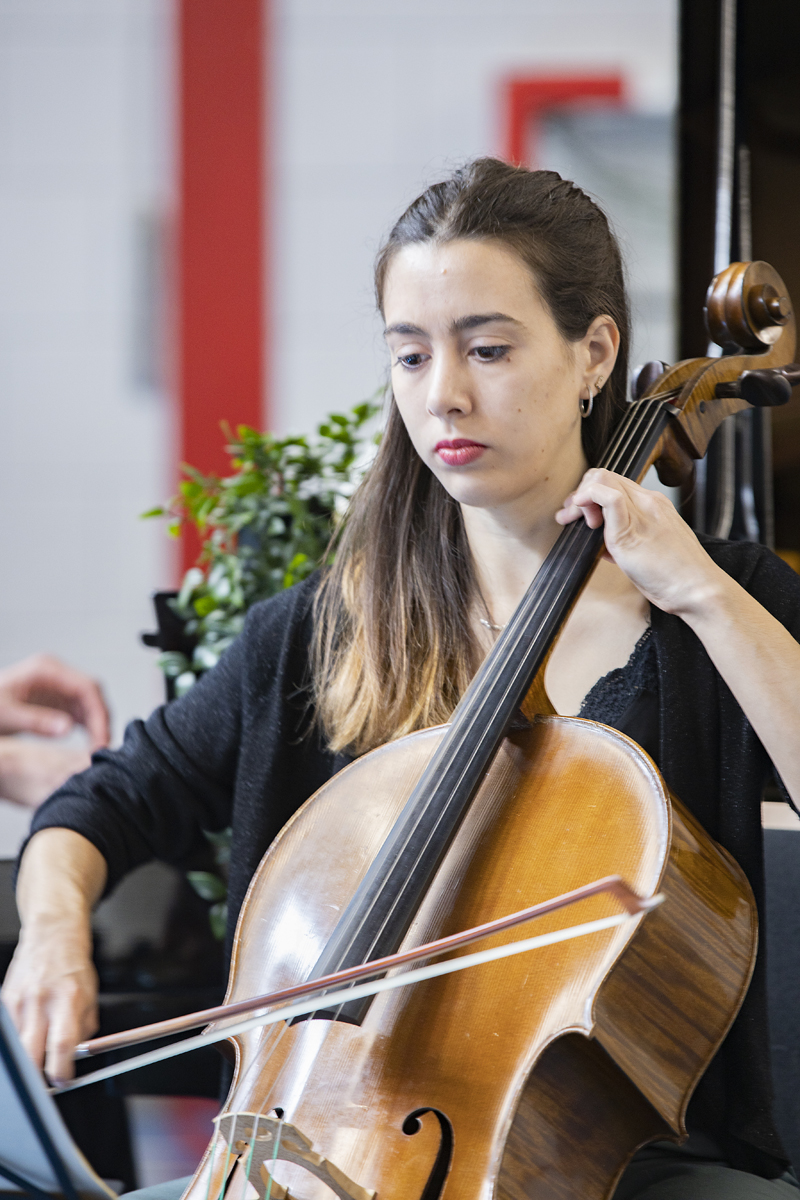What do we offer?
International Baccalaureate – Primary Years Program
First Dutch-speaking
IB World School
As an IB candidate school, we have been working towards authorization since 2017. In July 2020 we were officially authorized by IB, so that we could start in 2020-2021 as the first Dutch-speaking IB World School in the world.
What is IB education?
The learner profile
The goal of all IB programs is for students to develop into true global citizens who are connected and jointly responsible for our planet. We use the Learner Profile attributes for this.
These 10 character traits help our students develop into global citizens and support them to take action for positive change.
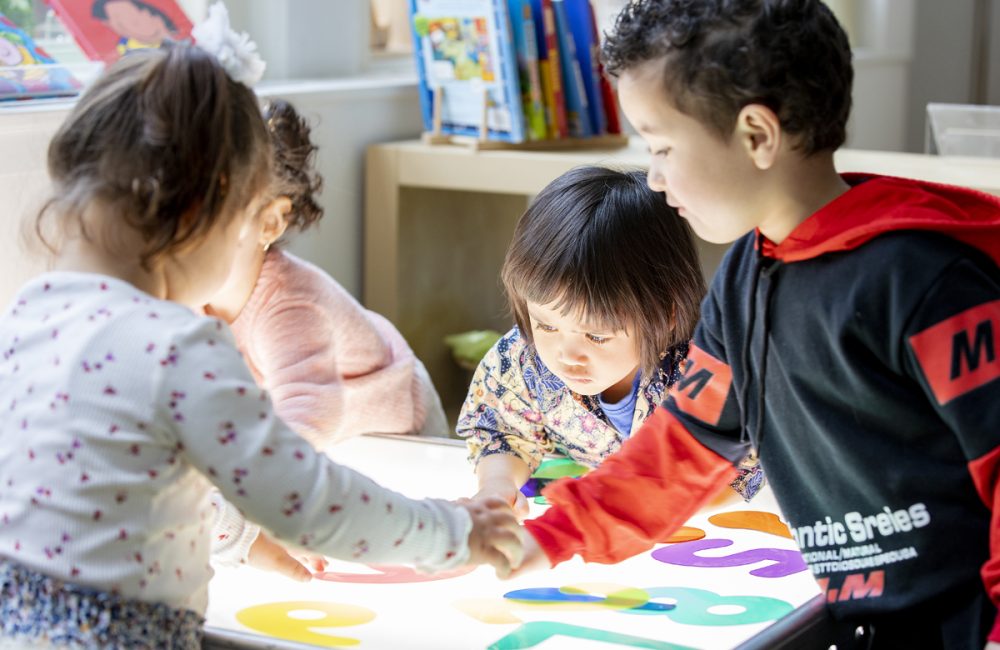
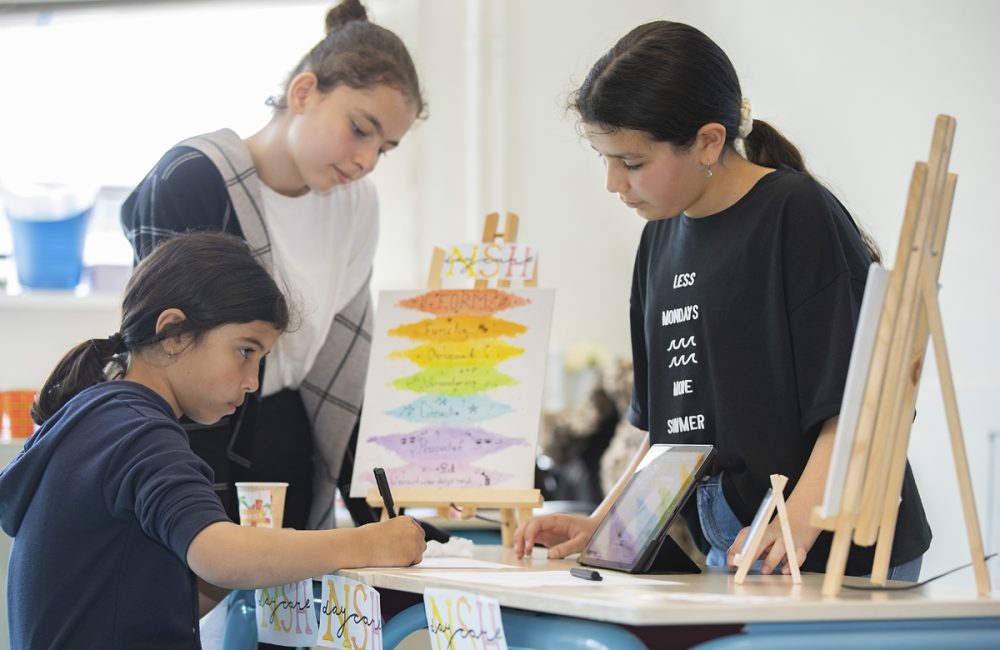
Concept based learning
Concepts are bigger ideas of understanding that are timeless, universal and abstract. If you learn by using concepts, you learn more broadly about one subject. An example of this is learning about the concept of “conflict” rather than just (the subject of) World War II. The concept of conflict is familiar to every child and can be applied in different situations. This makes the child more involved in education and more motivated to learn!
Inquiry based learning
Inquiry-based learning is a method of teaching that motivates children and encourages them to take ownership of what and how they want to learn. When children are stimulated to find and look up information by themselves, they become experts in that area of what they learn. The teacher coaches in finding sources from the beginning, but as the students get older, they will know better how to find information that will help them in their research by themselves. A skill for life!
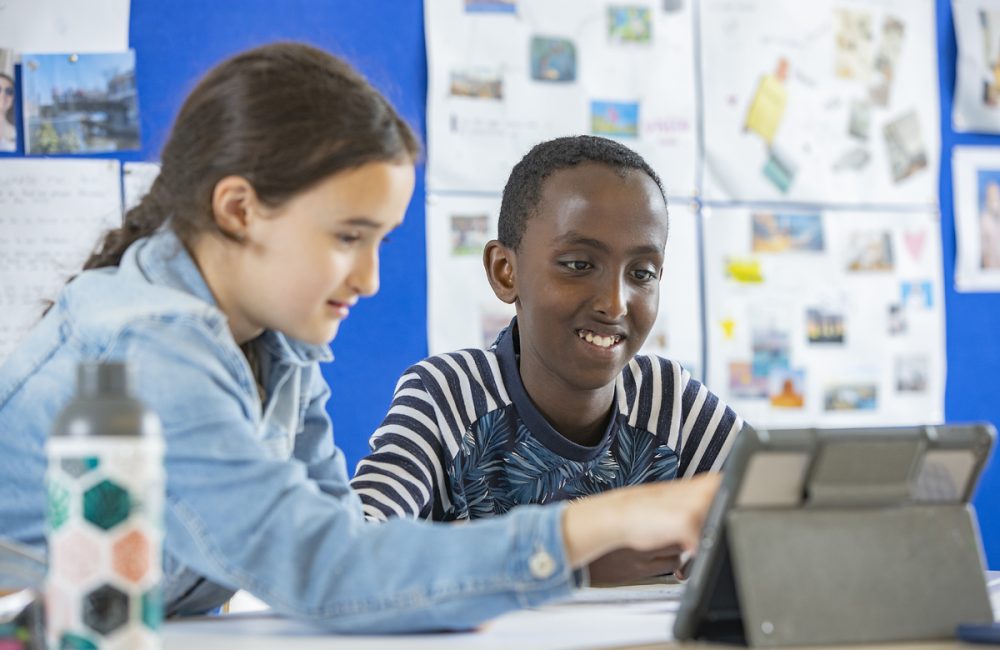
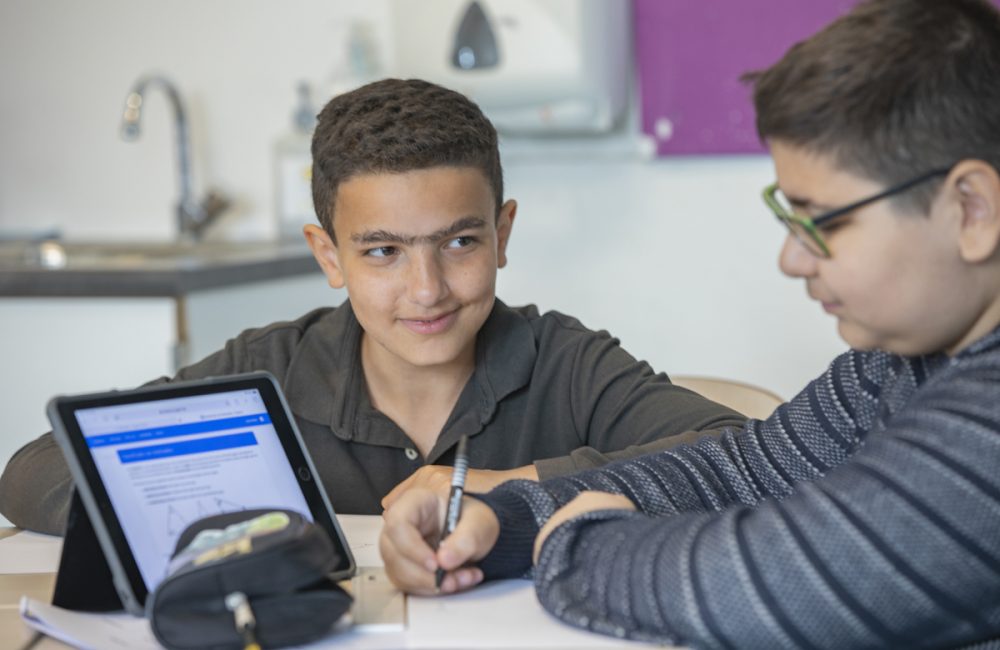
Units of inquiry
We want our students to explore and understand the world around them. That is why we work with 6 transdisciplinary themes, our Units of Inquiry. These units provide the context for our students to understand everything that concerns us a human being. Within these units, attention is paid to world orientation, but also to traditional subjects such as language and reading comprehension.
Approaches to learning
In addition to the development of knowledge, we also think it is important that children develop skills. We believe that skills are essential for learning. That is why we place great emphasis on developing these skills. The skills, as we call them Approaches to Learning, are divided into 5 different categories: thinking skills, research skills, communication skills, social skills and self-management skills. Each Unit of Inquiry emphasizes on different skills.
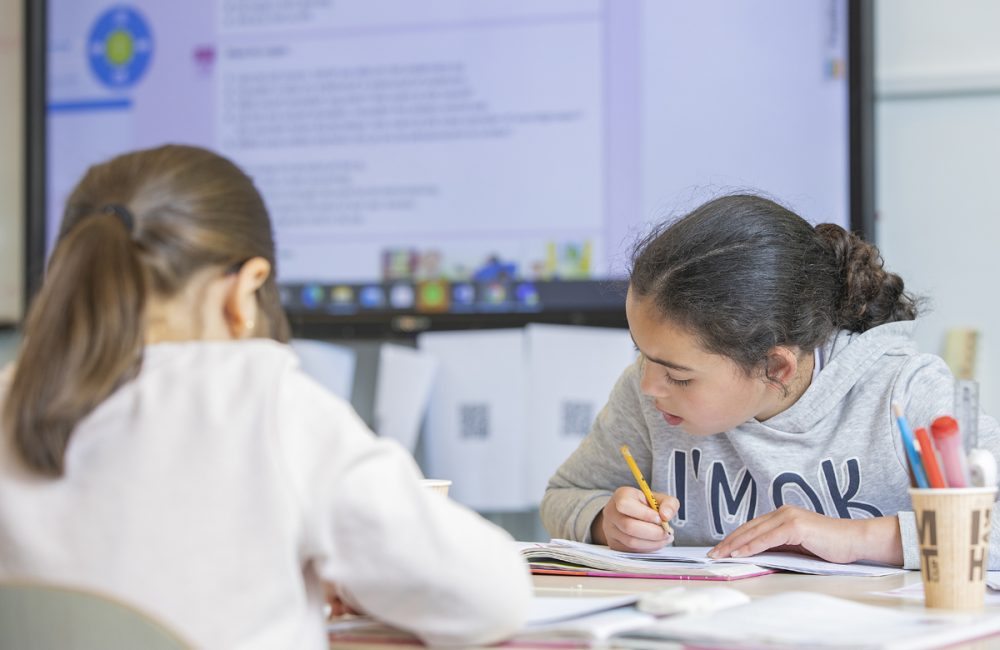

Taking action
You want to be able to use everything you learn in life. By taking action, children can show that they can apply what they learn. Actions can be small or large, short-term or long-term, individual or with a group, at home or at school.
The learning environment
We have access to:
- Library
- Intermediate rooms
- Technical rooms
- Green schoolyard
- Gym
- Skillsgarden - Sporttuin Schilderswijk
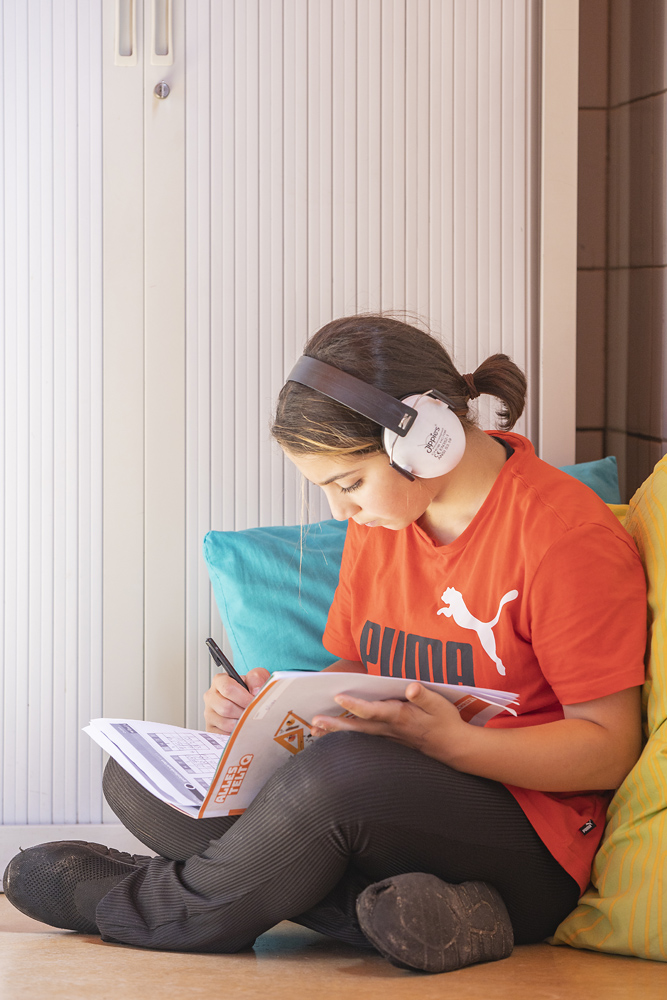
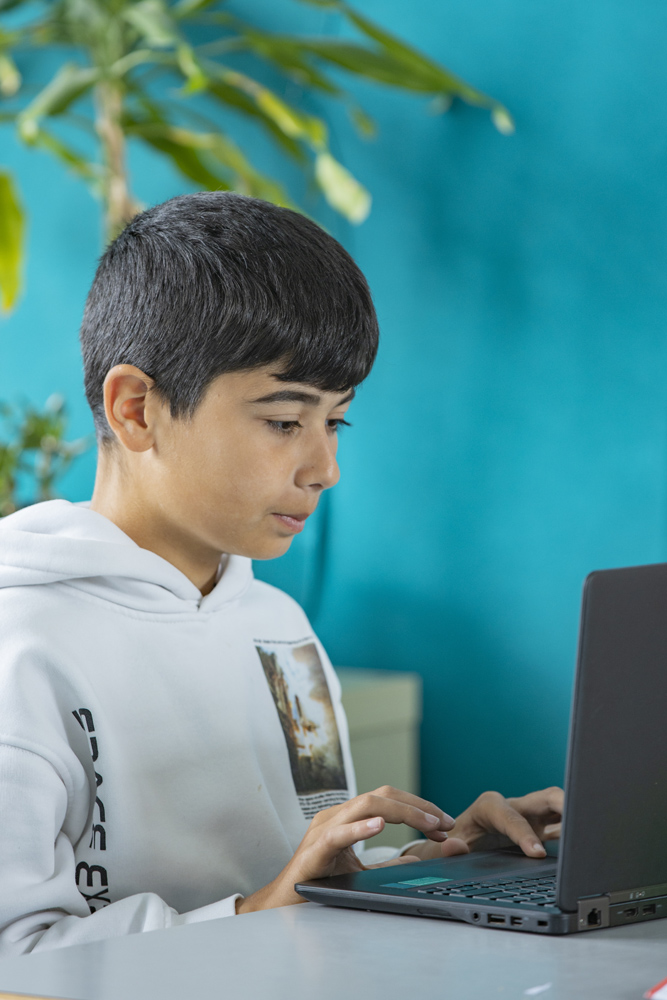
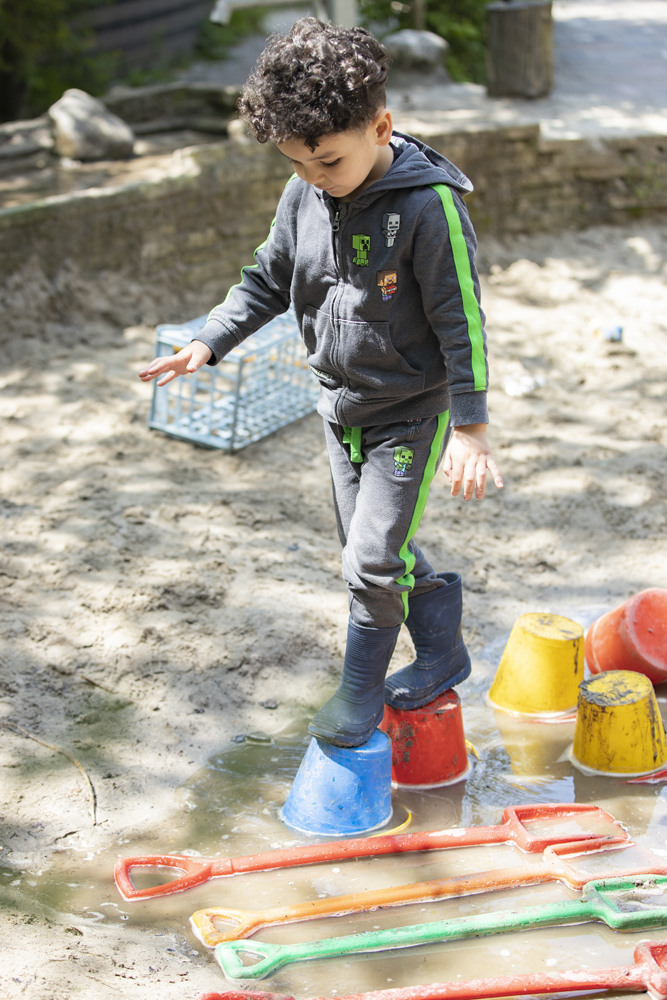
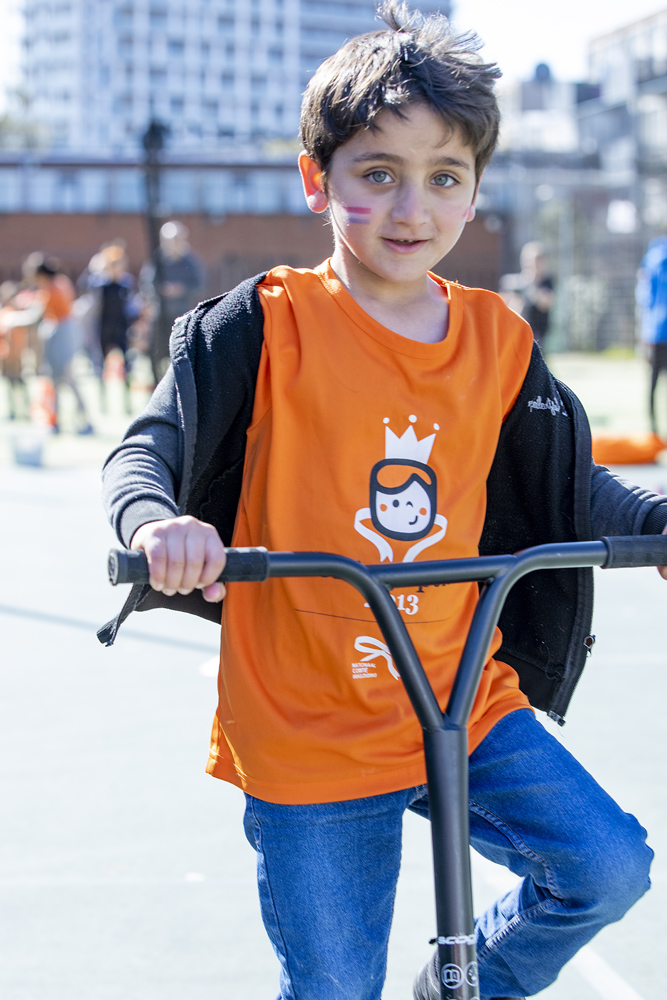

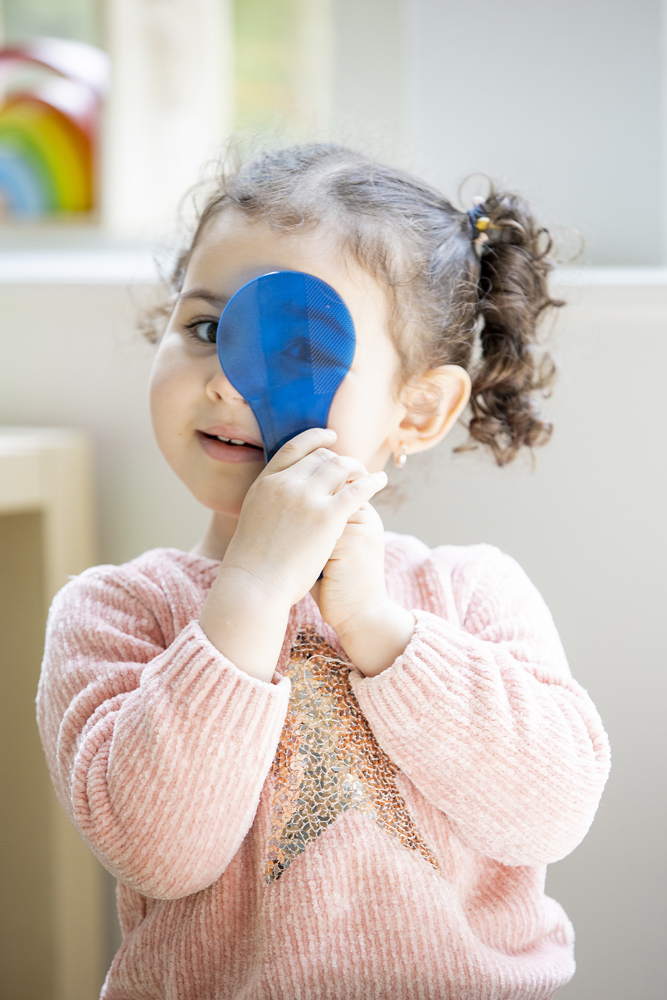
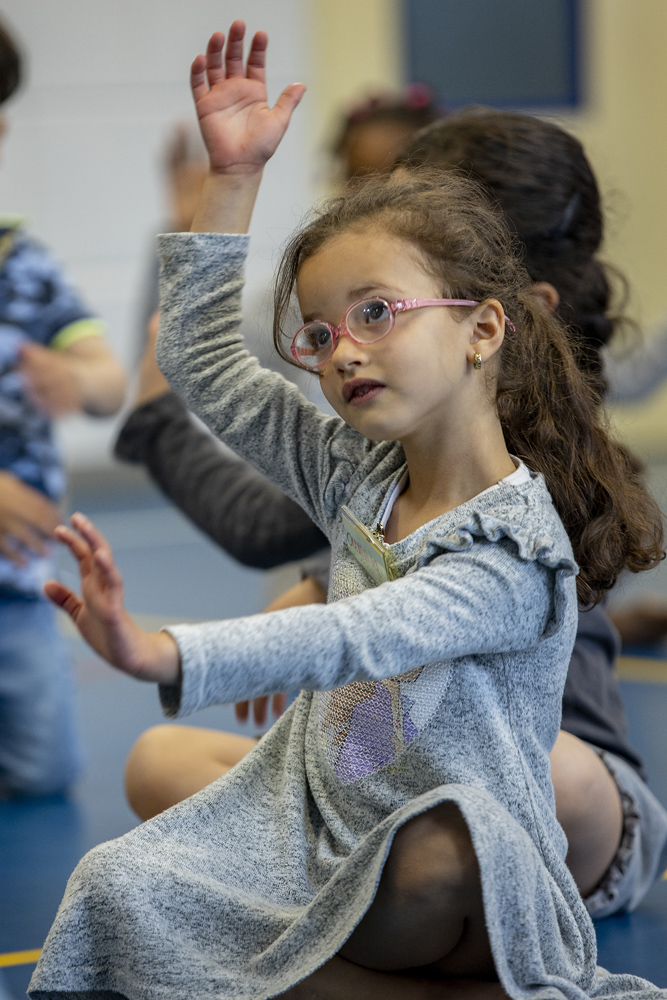
Broad offer
- Drama class
- Swimming lessons
- Dance classes
- Science classes
- Sport during breaks
- Free offer of sports after school
Support
- (PYP) preschool
- Good care structure
- Speech therapy
- Social Work in school
- School dentist
- After school care
- (Free) stay at school during break time
- For 20 weeks: 2 x a week free dairy, 3 x a week fruit/vegetables

